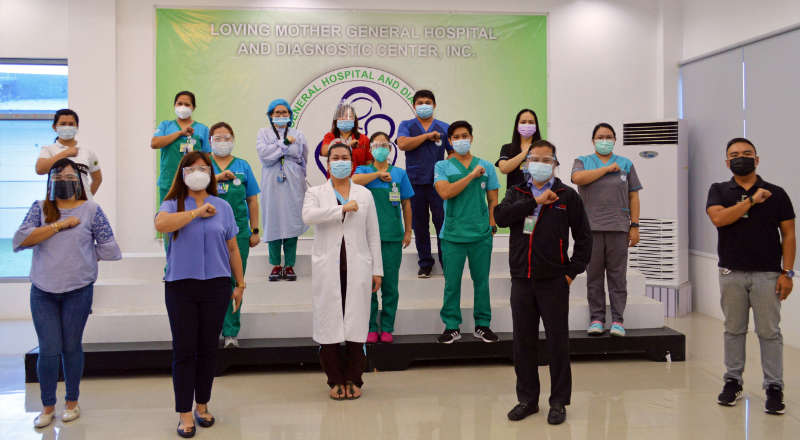A mobile clinic tests villagers for malaria in Tanintharyi township, Myanmar. Photo credit: CAP-Malaria Project
Asia
Asia has seen dramatic improvements in health over the last few decades. However, unique regional challenges continue to adversely impact human health and livelihood. The continued threat of natural disasters adversely impact health, nutrition, water, sanitation, and hygiene, and access to health resources.
Challenges persist in controlling the spread of disease, including emerging infectious diseases, malaria, TB, and HIV/AIDS, and COVID-19. Unique health risks facing poor and marginalized populations necessitate multipronged interventions, ranging from community health worker engagement in rural villages to the use of mHealth tools and administration of frontline drugs to control the spread of disease. Asia remains the global epicenter for drug-resistant malaria but is making progress towards elimination thanks in part to successful regional collaborations on case detection, surveillance, and control efforts across the Greater Mekong Subregion.
Strengthening health system capabilities remains a priority to ensure accessible, quality health services across the diverse countries in the region.

For more than 40 years, URC has implemented health projects across Asia and the Pacific. URC’s work in the region began in 1981 with the USAID Primary Health Care Operations Research (PRICOR) Project, a global project that pioneered the development of operations research approaches to guide improvements in primary health care services. URC’s impact on malaria elimination and the control of multi-drug resistant malaria in the Mekong Subregion is a testament to an enduring partnership with the U.S. Government, national malaria control programs, and local and international stakeholders in the region.
URC’s projects in Asia have supported governments to strengthen national systems to improve the quality and reach of health services. Our work has ranged from addressing issues related to infectious diseases including HIV/AIDS, tuberculosis, and malaria to family planning and maternal, newborn, child, and adolescent health and community-based drug rehabilitation.
URC has supported governments strengthen their primary health care delivery, improve global health security by strengthening laboratory diagnostic capacity to identify infectious agents, expand the use of digital health technologies and information systems to improve surveillance, case detection, and disease management, strengthened practices in logistics and procurement of health commodities, and build the capacity of community-level workers and volunteers to extend the reach of health services.
Countries
URC and IBI, A URC Company (IBI), are actively working on projects in the following countries:
Cambodia
Visit the Cambodia page to learn more about our work there.
Laos
Led by IBI, the Laos Business Environment Activity (LBE) improves the Laos business environment through capacity building and advisory interventions, with an emphasis on small and medium-sized enterprises (SMEs). With this support, the Government of Lao PDR will provide support to SMEs and eliminate constraints for business to grow.
Myanmar
Visit the Myanmar page to learn more about our work there.
Philippines
Visit the Philippines page to learn more about our work there.
Timor-Leste
Through the Timor-Leste Trade Governance Activity (TGA), IBI supports the Government of Timor-Leste (GoTL) in institutionalizing a well-governed and modern trade system that is accountable, efficient, transparent, responsive to the needs of the Timorese people, and compliant with international standards. IBl’s work is fostering high levels of personal and professional accountability and reducing opportunities for corrupt behavior by public officials. TGA’s work is a key part of the GoTL’s efforts to join the World Trade Organization, World Customs Organization, and the Association of Southeast Asian Nations (ASEAN).


